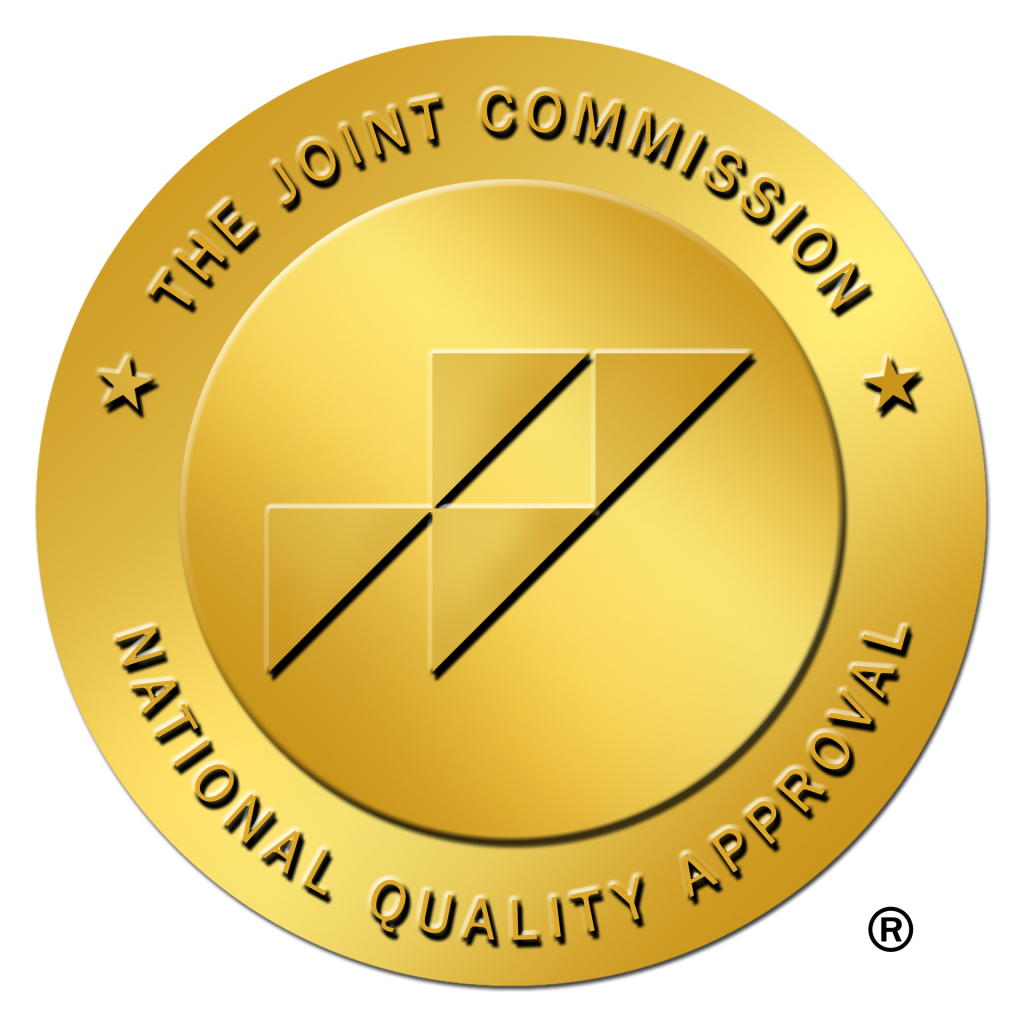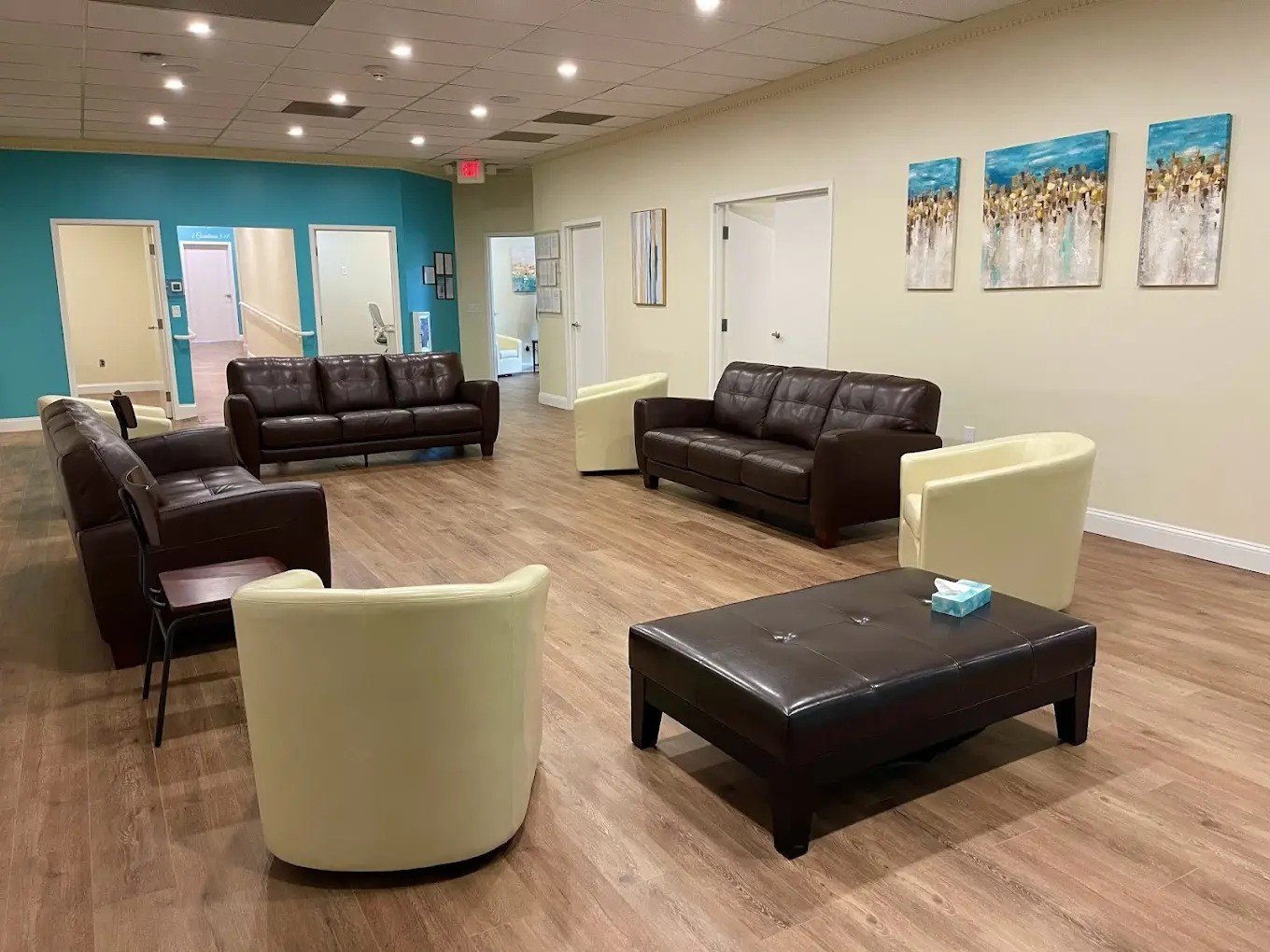Php Addiction Treatment Nj
The Importance of a Personalized Approach in Addiction Treatment
At the heart of successful addiction treatment programs is the idea that one size does not fit all. Each person’s journey with substance use disorder is unique, influenced by myriad factors such as personal history, environment, and mental health status. That’s why New Chapter Recovery in Parsippany-Troy Hills, New Jersey, emphasizes creating customized treatment plans for each individual. These plans are designed with the understanding that personalized care can significantly improve treatment outcomes.
Personalization plays a critical role in addressing the specific needs and goals of clients. Individualized counseling and therapy sessions allow clients to explore personal triggers and develop tailored coping strategies. The multidisciplinary clinical team at New Chapter Recovery collaborates to ensure that each treatment plan aligns with the client’s unique circumstances, promoting long-term recovery and a healthier lifestyle.
Partial Hospitalization Program (PHP) at New Chapter Recovery
One of the cornerstone offerings at New Chapter Recovery is the php addiction treatment nj. This program is particularly beneficial for individuals who need intensive care but also wish to return home at the end of each day. The Partial Hospitalization Program at New Chapter Recovery provides a structured environment necessary for individuals transitioning from inpatient treatment or those needing more than standard outpatient care.
The PHP at New Chapter Recovery includes several therapeutic components, such as group therapy, individual counseling, and pharmacotherapy when needed. This program is designed to offer the comprehensive care necessary for clients to achieve stability and progress in their recovery journey. The center’s facility in Parsippany-Troy Hills is equipped with the utilities and staff to support clients through rigorous therapy schedules while promoting a balance between treatment and daily life responsibilities.
Integrating Dual Diagnosis in Treatment Plans
Substance use disorders often coexist with mental health conditions, presenting a complex challenge for treatment providers. New Chapter Recovery addresses this through an integrated dual diagnosis model, which simultaneously treats addiction and co-occurring mental health issues. This comprehensive approach is vital, as untreated mental health disorders can undermine the recovery process and predispose individuals to relapse.
The center’s trauma-informed clinical practices involve therapeutic modalities such as Cognitive Behavioral Therapy (CBT), Dialectical Behavior Therapy (DBT), and Acceptance and Commitment Therapy (ACT). These evidence-based treatments are tailored to help clients process trauma, manage emotional distress, and develop healthy coping mechanisms, facilitating sustainable recovery.
Flexible Outpatient Programs for Diverse Needs
Recognizing the diverse needs of its clientele, New Chapter Recovery offers a continuum of care that includes Intensive Outpatient Program (IOP) and standard Outpatient Program (OP). These programs are designed for individuals who require flexibility due to professional, educational, or familial commitments. The php addiction treatment nj is complemented by these outpatient options, ensuring that clients can receive the necessary support while maintaining their daily routines.
IOP sessions at New Chapter Recovery are adaptable, with day and evening options available to accommodate busy schedules. This flexibility is particularly beneficial for working professionals and students who are unable to commit to full-day programs. Such adaptive scheduling ensures that treatment is accessible without compromising other life responsibilities.
Exploring Specialized Therapy Tracks
New Chapter Recovery enriches its treatment offerings with specialized therapy tracks designed to meet the unique needs of specific populations. These include animal-assisted therapy, veterans treatment, and faith-based recovery programs. Such specialized tracks provide additional therapeutic benefits, catering to the spiritual, emotional, and psychological needs of participants.
Animal-assisted therapy, for instance, is known for its ability to promote relaxation and reduce anxiety. In contrast, faith-based recovery programs offer spiritual support and community connection, which can be crucial for certain clients. By offering these diverse therapeutic options, New Chapter Recovery ensures that all clients have access to resources that resonate with their personal values and recovery goals.
Veterans, in particular, benefit from targeted support that addresses both their service-related experiences and substance use issues. New Chapter Recovery collaborates with VA and Tricare to provide veterans with seamless access to recovery resources tailored to their unique challenges.
Building Support Systems During Recovery
Effective addiction treatment extends beyond individual therapy and medication. At New Chapter Recovery, significant emphasis is placed on building robust support systems for clients. This involves engaging family members in the recovery process through family counseling and support groups.
Family support is a crucial component of recovery, as it often plays a pivotal role in accountability and emotional encouragement. By involving family and close friends, New Chapter Recovery enhances the treatment experience, helping clients establish a supportive environment conducive to lasting sobriety.
Strategies for Long-term Relapse Prevention
Sustaining recovery from addiction requires a keen focus on relapse prevention. New Chapter Recovery employs a variety of strategies to equip clients with the tools they need to maintain sobriety long after completing formal treatment. The center’s relapse prevention approach is heavily rooted in individualized goal setting and therapeutic modalities that reinforce healthy habits.
Clients engage in experiential therapy, motivational interviewing, and skill-building workshops designed to strengthen their resolve and resilience. These evidence-based strategies empower individuals to recognize potential relapse triggers and develop proactive coping strategies to navigate them effectively.
The center’s continuum of care ensures that clients transition seamlessly from PHP to IOP and eventually to OP, maintaining a supportive network and continuing engagement with recovery resources as they adjust to everyday life.
Streamlining the Admissions Process for Immediate Support
The admissions process at New Chapter Recovery is designed to be efficient and supportive, recognizing the urgency of accessing treatment services. The center offers free confidential assessments and same-day admissions to remove barriers and facilitate quick entry into treatment programs.
A dedicated admissions team manages insurance verification, expediting out-of-network and Tricare benefit checks to ensure that financial concerns do not delay treatment. This streamlined process underscores the center’s commitment to providing immediate support to individuals and families seeking help for substance use disorders.
Coordinated Aftercare Planning for Continued Sobriety
Recovery doesn’t end with the completion of outpatient treatment. New Chapter Recovery places a strong emphasis on coordinated aftercare planning, investing in clients’ long-term sobriety. Aftercare plans are tailored to each individual’s needs, supporting their reintegration into the community and ensuring continued engagement with recovery resources.
Regular follow-ups, support group participation, and access to community resources form the backbone of the aftercare strategy. These components provide ongoing support, helping clients manage their recovery journey while maintaining familial, professional, and community responsibilities. This comprehensive approach is designed to sustain the progress made during treatment, safeguarding against relapse and promoting a healthy, sober lifestyle.
How important is a personalized approach in addiction treatment programs like those at New Chapter Recovery?
A personalized approach is crucial in addiction treatment because each individual’s journey with substance use disorder is unique. At New Chapter Recovery, we understand that factors such as personal history, environment, and mental health status significantly influence treatment outcomes. For example, consider someone who may have started using substances as a coping mechanism for untreated anxiety. Standard treatments might not address the root cause effectively. By tailoring treatment plans, including customized counseling sessions, individuals can explore personal triggers and develop personalized coping strategies. This method improves engagement and success, addressing the specific needs of each person and promoting long-term recovery. Have you considered how your unique experiences might require a different approach to treatment?
What benefits does a Partial Hospitalization Program (PHP) at New Chapter Recovery offer compared to standard outpatient care?
The PHP at New Chapter Recovery is beneficial for individuals needing intensive care while maintaining evening home life. This structured program bridges the gap between inpatient and outpatient services, offering a balanced routine that includes group therapy, individual counseling, and pharmacotherapy if necessary. Imagine someone who has just completed inpatient treatment but isn’t quite ready for a less structured outpatient program. PHP provides a critical step, helping to stabilize and transition individuals with rigorous therapy within a supportive environment. Participants often cite the balance between structured treatment and home life as a significant advantage, aiding in the application of therapy lessons to everyday scenarios. How might this balance impact your recovery journey?
Why is integrating dual diagnosis treatment vital in addiction therapy?
Integrating dual diagnosis treatment is essential because substance use disorders often coexist with mental health conditions. For instance, untreated depression or PTSD can lead to self-medication with drugs or alcohol, making recovery challenging. At New Chapter Recovery, we use an integrated approach to treat both addiction and co-occurring mental health issues simultaneously. This strategy prevents untreated mental health disorders from sabotaging recovery efforts. Evidence-based therapies like CBT and DBT are utilized to address trauma and emotional distress. For example, a person suffering from anxiety might find significant improvement by addressing both anxiety and addiction together. Does this integrated approach resonate with your understanding of comprehensive care?
How does New Chapter Recovery accommodate individuals with professional or familial obligations?
Our flexible outpatient programs, including IOP and OP, cater to individuals with demanding schedules. By offering day and evening sessions, we ensure that clients can engage in treatment without sacrificing their professional or familial responsibilities. For example, a working parent might attend evening therapy sessions after work hours, maintaining involvement in their child’s life while receiving necessary care. This flexibility helps eliminate barriers to treatment, providing accessible care for diverse needs. It’s important to consider how the flexibility in scheduling might positively impact your or a loved one’s commitment to recovery. What daytime responsibilities do you think might otherwise hinder access to treatment?
What role do specialized therapy tracks play in addiction recovery at New Chapter Recovery?
Specialized therapy tracks, such as animal-assisted therapy, veterans treatment, and faith-based programs, play a significant role in catering to diverse client needs. These tracks provide additional therapeutic benefits that resonate with clients’ personal values and experiences. For instance, a veteran struggling with PTSD and addiction might find comfort in a veterans treatment program that understands the unique challenges faced after military service. Animal-assisted therapy can reduce anxiety and promote relaxation, offering a different kind of healing for those who might not respond to traditional methods alone. These specialized options enrich the recovery process, providing avenues for engagement that align with individual preferences. Have you thought about how a specialized track could enhance your treatment experience?
How does New Chapter Recovery incorporate support systems into addiction treatment?
Building strong support systems is a cornerstone of our approach. Engaging family and close friends in recovery helps establish a network of accountability and support crucial for sustained sobriety. Through family counseling and support groups, we involve loved ones in the healing process, offering education and communication tools that strengthen these relationships. Picture a scenario where a family is uncertain about how to support their loved one’s recovery. Our programs offer guidance, fostering an environment where recovery is a collective effort. How do you see the role of family support playing out in a successful recovery journey?
What strategies does New Chapter Recovery use to prevent relapse?
Our relapse prevention strategies include individualized goal setting and therapeutic modalities that reinforce healthy habits. By employing experiential therapy and motivational interviewing, we equip individuals with the skills to identify and manage potential relapse triggers. Consider a client who has identified stress at work as a trigger; through our skill-building workshops, they develop coping mechanisms to handle stressful situations without resorting to substance use. This proactive approach empowers clients to navigate their recovery confidently. What challenges do you think you might face, and how would structured prevention strategies help you prepare for them?
Why is an efficient admissions process crucial for addiction treatment at New Chapter Recovery?
An efficient admissions process is vital because it reduces the time between seeking help and receiving it. At New Chapter Recovery, we offer free, confidential assessments and same-day admissions, which means clients can start their recovery journey without delay. For someone feeling overwhelmed by addiction, immediate access to care can make a significant difference, preventing the situation from worsening. Our dedicated admissions team also ensures that financial concerns don’t delay treatment by quickly handling insurance verifications. How might quick access to treatment change your perspective on beginning or continuing the recovery process?
What elements are included in aftercare planning at New Chapter Recovery to ensure continued sobriety?
Aftercare planning is integral to maintaining long-term recovery. At New Chapter Recovery, we tailor aftercare plans to meet individual needs, ensuring clients remain engaged with recovery resources. Regular follow-ups, support group participation, and community resource access form the foundation of our aftercare strategy. For example, a client might attend weekly support groups to reinforce the skills learned in therapy. This ongoing support is crucial for integrating back into daily life while maintaining sobriety. How do you envision continued support benefiting you or someone you know after completing formal treatment?
Resources
- Substance Abuse and Mental Health Services Administration (SAMHSA) – SAMHSA is a government agency leading public efforts to advance the behavioral health of the nation. They provide resources and information on substance abuse and mental health treatment.
- American Psychiatric Association (APA) – The APA is a medical specialty society that offers resources on mental health disorders, including addiction and dual diagnosis. They provide information on treatment options and guidelines.
- National Institutes of Health (NIH) – The NIH is the primary agency for conducting and supporting medical research. They offer valuable information on addiction, treatment approaches, and the latest research findings in the field of substance use disorders.
- National Alliance on Mental Illness (NAMI) – NAMI is a grassroots mental health organization that provides advocacy, support, and education to individuals and families affected by mental illness. They offer resources on addiction, mental health, and treatment options.






